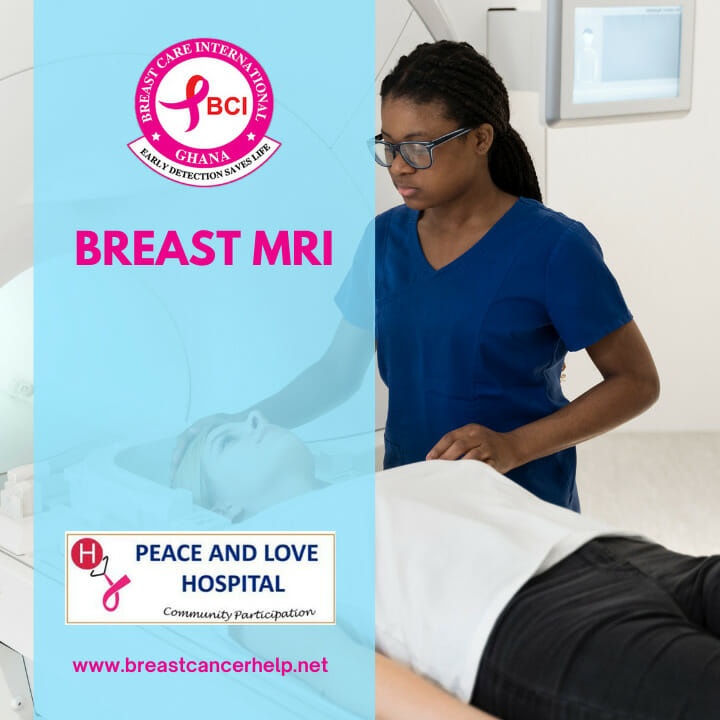CallBack
Request
Leave your contact details and we will get in touch with you as soon as possible.
MRI: Enhancing Detection and Evaluation of Breast Cancer
MRI (Magnetic Resonance Imaging) has emerged as a powerful tool in the detection and evaluation of breast cancer. While mammograms and ultrasounds have been traditionally used for breast cancer screening, MRI offers several advantages in breast imaging.

When it comes to breast cancer diagnosis, an MRI scan provides detailed images of the breast tissue, allowing for a more accurate assessment. Unlike mammograms and ultrasounds, MRI can detect small tumors that may not be visible on other imaging modalities. This is particularly beneficial for women with dense breast tissue or those at high risk for developing breast cancer.
Compared to mammograms and ultrasounds, MRI offers a clearer view of the breast tissue. It can provide multi-dimensional images that help in identifying the size, location, and characteristics of tumors. This information aids in treatment planning and determining the best course of action for patients.
Additionally, MRI is non-invasive and does not involve any radiation exposure. This makes it a safe option for repeated screenings or monitoring response to treatment over time.
Furthermore, MRI can be particularly useful in evaluating the extent of disease within the breasts. It can help determine if there is any involvement of nearby lymph nodes or other structures, aiding in staging and guiding surgical decisions.
In conclusion, MRI plays a crucial role in enhancing the detection and evaluation of breast cancer. Its ability to provide detailed images and its non-invasive nature make it an invaluable tool in improving patient outcomes by enabling early detection and accurate diagnosis.
What is dense breast tissue
For women who have dense breast tissue and a family history of breast cancer, it is common practice to undergo both a breast MRI and a mammogram on an annual basis. These imaging studies are typically alternated every six months, starting with a mammogram followed by a breast MRI, and then repeating the cycle every six months. This approach ensures comprehensive screening for early detection and monitoring of any potential abnormalities or signs of breast cancer.
